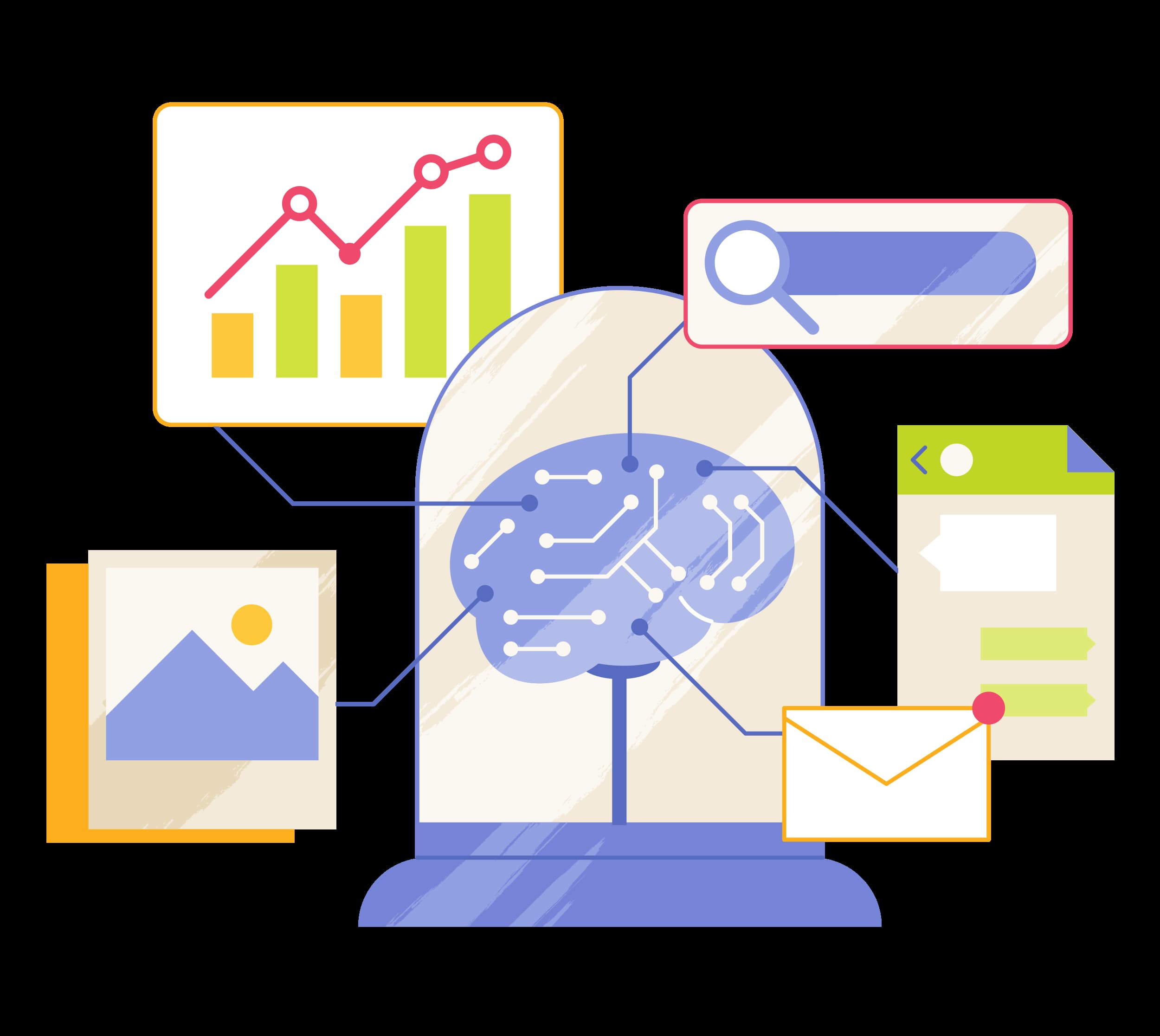AI insights and tips from Todd Moritz, VP, Event Technology, Bishop-McCann.
AI is on every meeting planner’s radar, but is it being used to its full potential? We recently caught up with Todd Moritz, VP, Event Technology, Bishop-McCann, to get the skinny. Moritz is a veteran tech expert with a deep understanding of AI. He oversees internal technology initiatives for Bishop-McCann and matches specialized technologies to client needs across the full-service event management company’s portfolio.

Prevue: In your experience, are meeting and event planners using AI tools to their full potential?
Moritz: By and large, I’ve been impressed with the usage levels of tools like ChatGPT, but I’m not convinced that those tools are being used to their full potential. There’s a lot of misinformation out there about how to write effective prompts to get the most out of AI, so instead, many people use ChatGPT like a search engine, asking basic questions that Google could answer. Using complex prompting and adding context to your AI tool of choice can lead to much better outcomes, and once you start to realize what it’s capable of, the potential of AI really opens up. Tell it who you are, who your audience is, and exactly how you want the AI to react and guide the tools to think more deeply. Iterate and continue the conversation as you would with a real person, and keep going deeper with it. That goes for chat based tools like ChatGPT, but also for image creation tools, music generation tools, coding assistants—you name it.
There are also amazing resources out there specifically tailored to our industry, like Sparkit.ai and Reposite that can save planners hours—with more hitting the market every week. Personally, I would be lost without Grammarly for proofing my writing, or my email application’s ability to summarize threads for me, or some of the AI-based workflows in Asana.
Prevue: What do you think are the three most significant benefits of AI for meeting planners today?
Moritz: Number one is time savings, especially during the planning process. I mentioned Reposite, which is a tool that planners can use to streamline the RFP process for sourcing anything outside of the hotel space (which makes a lot of sense since it’s now a Cvent company and they don’t want to compete with other Cvent tools). Restaurants, hotels, transportation partners, entertainment—you name it, Reposite has vendors in their system, and it’s all managed in one place without the need for back-and-forth emails while trying to book suppliers.
Productivity is my number two. AI can automate tasks like writing and data crunching. With a well-formed prompt, for example, AI can customize an email draft for multiple audiences in seconds. Or, you can ask it to take a stack of long-form session outlines and write short, concise headlines for your agenda. Not a designer, but need some imagery for your latest deck? AI can easily do that for you as well—or even generate the whole deck! If you want to get really creative, hop over to Suno.com and generate some original music.
Analytics is my third favorite benefit. Once planners have attendee data from a platform, AI can help to analyze it and make things much clearer and more user-friendly. AI can be your personal data analyst, uncovering insights like never before after the event. And during the event, tools like Zenus.ai can help measure audience expressions anonymously and give insights into behaviors. Bishop-McCann has partnered with Zenus and Immersion Neuroscience to develop The JOY Index, an AI-powered tool that analyzes specific moments in time and quantifies the feeling of joy in attendees. Over time, we’ll be able to predict what types of content resonate best with particular audiences, adding an element of science to the creative process in a completely unique way—something not possible without AI.
Prevue: What are your top tips for meeting planners just getting started with AI?
Moritz: Top tip number one: be curious! Try out all of the latest new tools out there and share them with your network. Talk with your peers about what tools they’re discovering and how they’re using them. Second, look for ways to incorporate those new tools into your own workflows. Lately, I love to use Notebook.lm to digest and summarize large amounts of information and deliver results audibly. It can run in the background, and I can listen as I multitask, taking things in like a podcast. It’s become an invaluable research tool for me. Finally, consult with your network. LinkedIn is a great place to post questions about what people are discovering and how they’re using it. Join a group, attend a talk or an industry event and just take it all in. There is a lot out there, but our industry is full of generous people who love to share.
Prevue: How do you see AI being used by meeting planners five years from now?
Moritz: I talk a lot about AI seeping into the cracks. What I mean by that is we’re all using AI in ways that we’re not even aware of. Over time, those cracks are going to get more and more full of AI without us even knowing it. We also have data centers being built around the world that will make AI more and more powerful. Looking back on the past two years, I can’t even begin to imagine what will happen in five—but whatever it is, the only thing I’m certain of is that 2025 me will be completely blown away.
You May Also Be Interested In…
5 Top Hospitality Tech Trends to Watch
8 Essential Tips for Mastering Livestreaming












